- Home
- Faculty of Mass Communication
- Dr. Nermeen Al-Azrak: “Good Photographer Expels the Bad One from the Market”
Dr. Nermeen Al-Azrak: “Good Photographer Expels the Bad One from the Market”
By: Rawan Essam, Mariam Makram, Farah Tarek, Heba Haitham, Loaloaa El-Habrouk, Lamis Nasser
EMCCU held a seminar entitled "Culture of Photos & its Ethical Guidelines" on Wednesday, March 22, Guesting the professionals Prof. Dr. Mona El-Hadidy member of the Supreme Council for Media Regulation, and member of the National Council for Women, along with Mr. Magdy Ibrahim Head of the Photojournalism Department at the Egyptian Syndicate of Journalists, Ms. Zeinab Abdullah Editor-in-Chief of Youm7, Dr. Abdel-Jawad Abu Kab Chairman of the Board of Trustees of the Media and Digital Transformation Foundation, and Mr. Hossam Diab Editor-in-Chief of ONA Media Group.
EMCCU TODAY was honored to interview Dr. Nermeen Al-Azrak, head of English section at the Faculty of Mass Communication and professor of media laws and ethics.
. What is the most important photography ethics?
Photography ethics is an integral part of media work ethics. A large number of photographers and media professionals believe that ethics in media work is related to the written content, but the truth is that photos and video are an essential part of evaluating work ethics whether it is ethical or unethical. And among what is related to the ethics of the journalistic image first is that the video does not come fragmented or truncated so that the story changes completely in front of the audience until their thoughts, behaviors and decisions are changed. And secondly, not to penetrate private life and respect it, and this is one of the most important points to take into consideration when talking about a press photo, even if a public figure you cannot interfere in her/his private life. And also pictures of patients must be authorized, and Pictures of corpses and the dead have a special sanctity that must be respected. And images against human dignity, such as assault crimes. And the journalist must be able to create a balance through which he sees whether the image is irritating to public opinion, or is it really useful for presenting an important issue such as the picture of Muhammad al-Durr, the Palestinian child dying in the hands of his father, a picture that objectively conveyed an issue to the whole world so that they felt what it meant by killing kids.
What do you teach your students or the photographers you mentor about the relationship between the photographer and the topic he is covering?
The relationship between the photographer and the topic covered is summed up in the function of the media, which is conveying facts to the public and realizing the public`s right to know it. It must be correct without modifications, and it must not be intentionally offensive to someone.
.
How does the faculty contribute to increasing students` awareness of the importance of journalistic ethics?
The faculty adopt many ethical standards; first the social criteria: the students should feel their society and how to be useful and develop their society through their work. Secondly the educational criteria: the faculty ensures that the students graduate with the highest level of qualification and have all or at least most of the skills needed in the field of work. And last but not least the practical criteria: the faculty fosters the critical skills in the students to graduate a new generation who have an independent effective character.
In your opinion, students’ understanding for media ethics is going well?
The students of the Faculty of Mass Communication, Cairo University, are a wonderful model. I convey my greetings to them, because they have proven that they are a good seed and perform a wonderful performance, but of course there are transgressions, and we must confront them consciously, and good photographer expels the bad one from the market And we always say that the smart journalist and photographer who is able to make a trend with ethical photography prevails over the other one who does, but with immoral and unethical photography.
Is there a difference between the eastern and the western media in committing to ethical standards?
The media is considered as the mirror of its society, so the Arabian media must always represent unique and different Arabian mentality as the media shouldn’t be odd about the Arabian morals.
.
write acomment
Comments
Related Posts you may like
Recent News
-
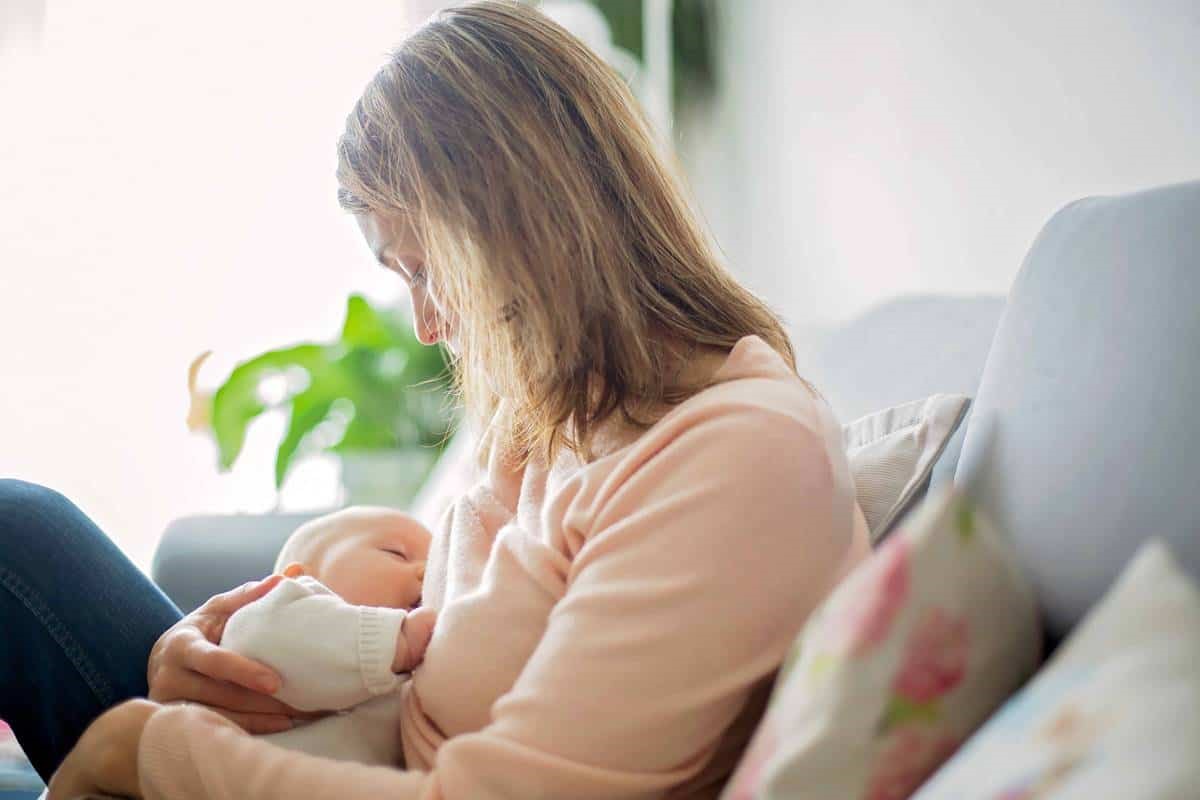
-

-
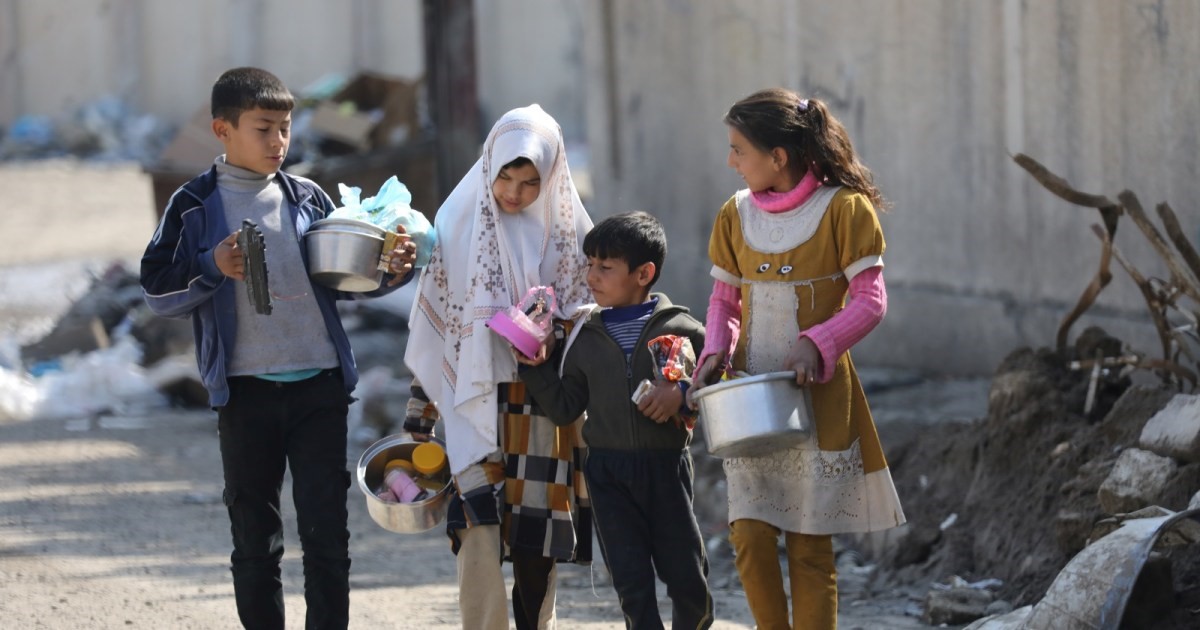
-

-
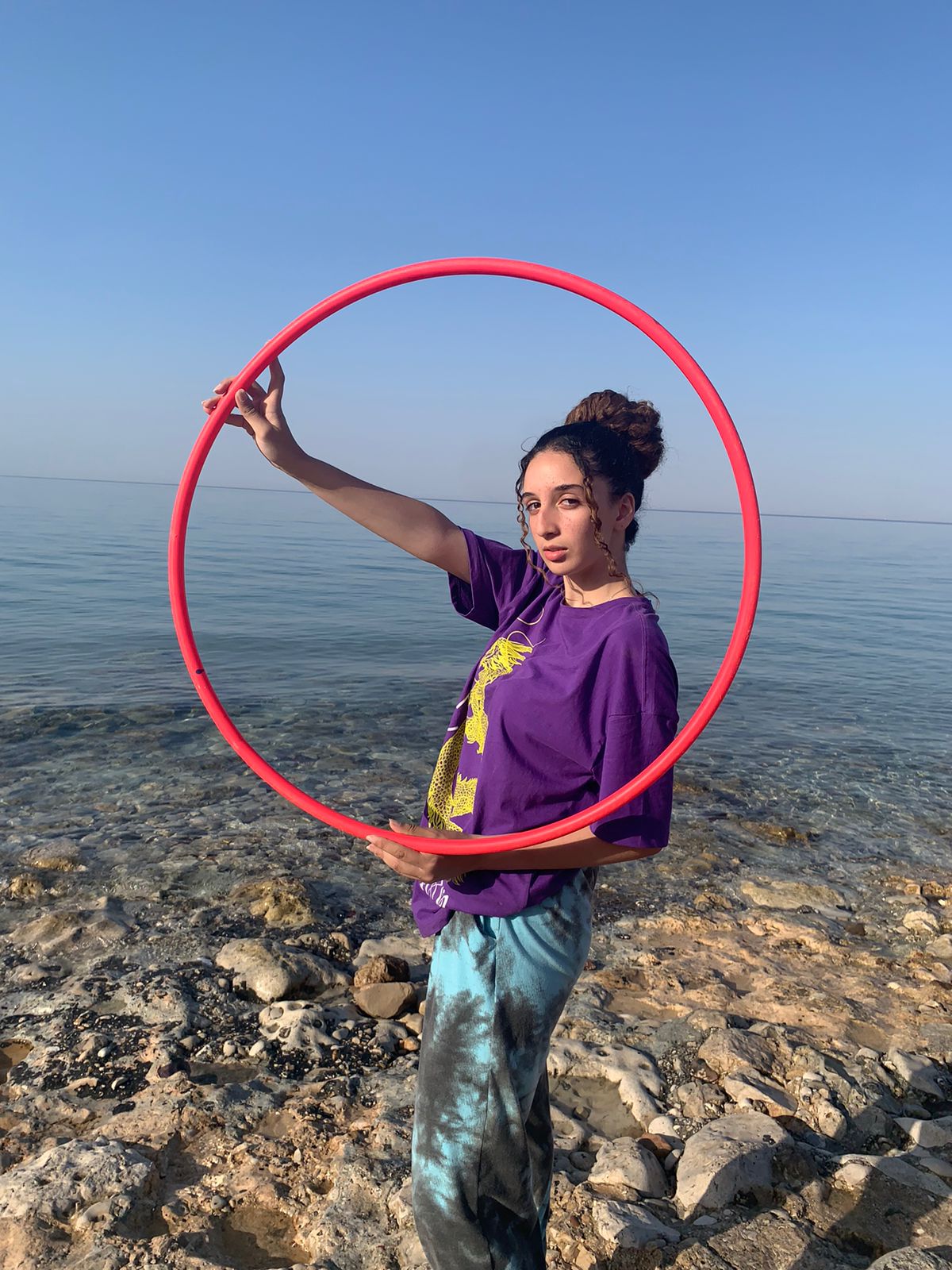 EMCCU Today Interview with Hula Hoop Athlete Aya Hafez
EMCCU Today Interview with Hula Hoop Athlete Aya Hafez23-06-2023 Sports 4010
-
Exclusive Interview with Dr. Amr Ellissy for the EMCCU TODAY
...
tips from the head of dmc channels group- mr.hesham soliman02-08-2023
video 3287...
Exclusive Interview with the Prominent Host (Eman Ezz Eldin) for EMccu today27-10-2022
video 1060...
Culture of Photos Event Guests` Interviews (Pt.2)01-04-2023
video 1043...
Culture of Photos Event Guests` Interviews (Pt. 1)01-04-2023
video 925...
short list
-
-
-

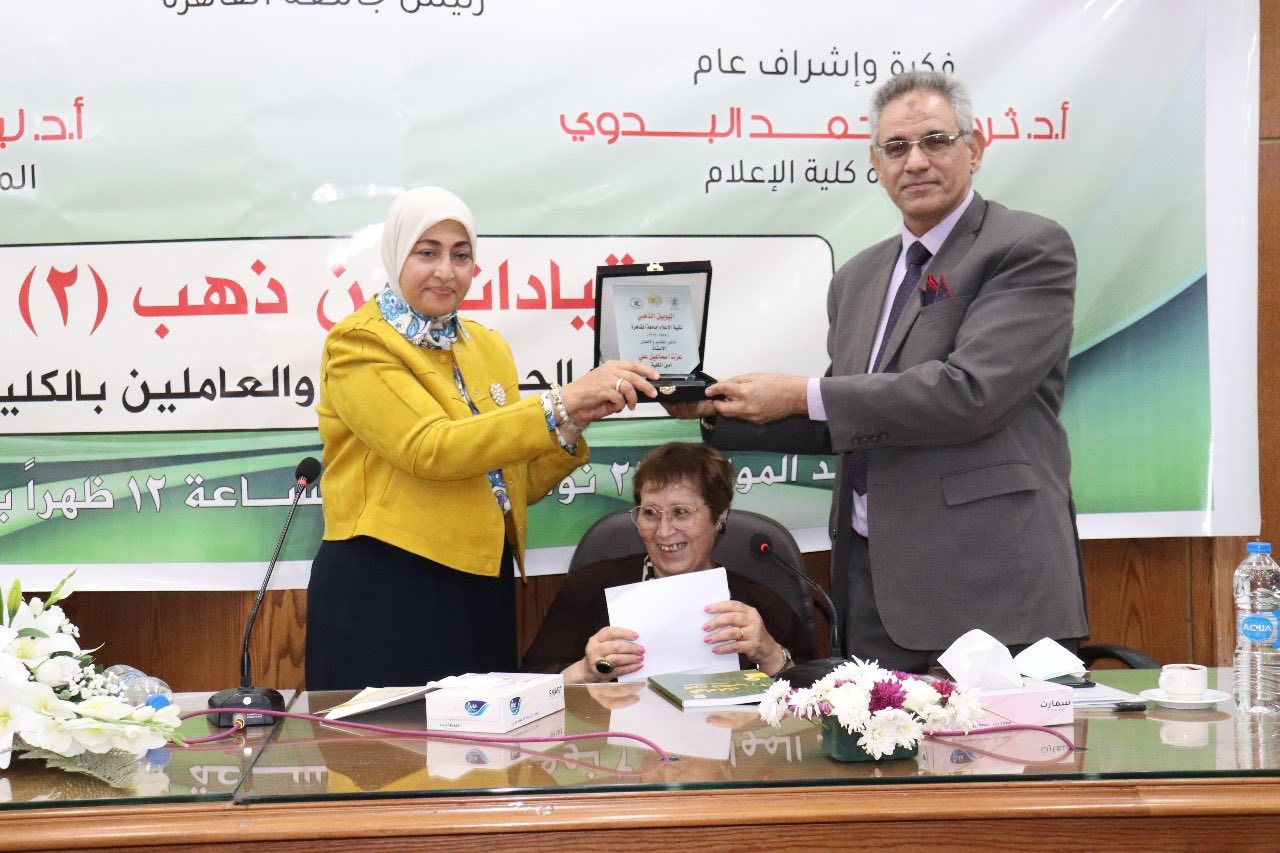
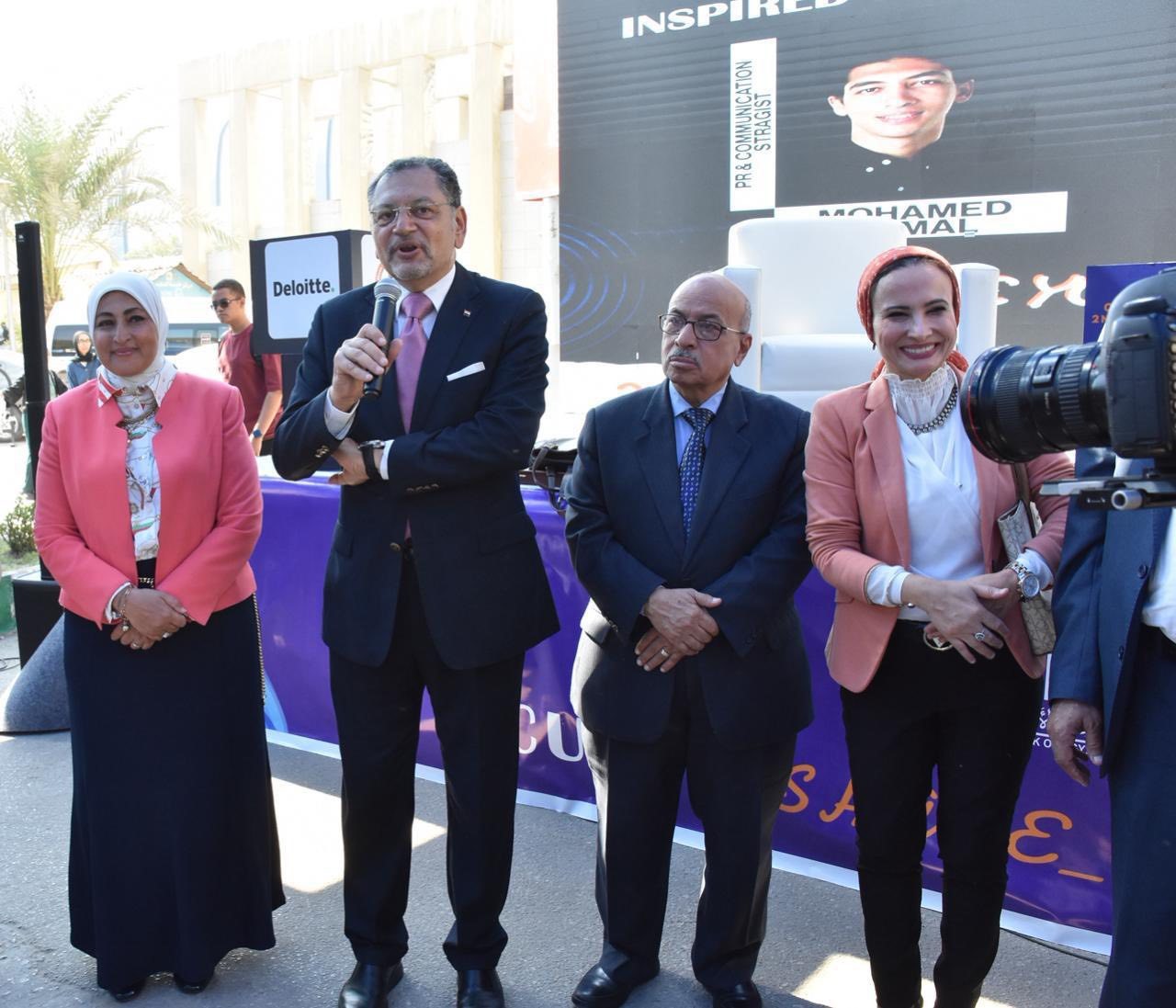
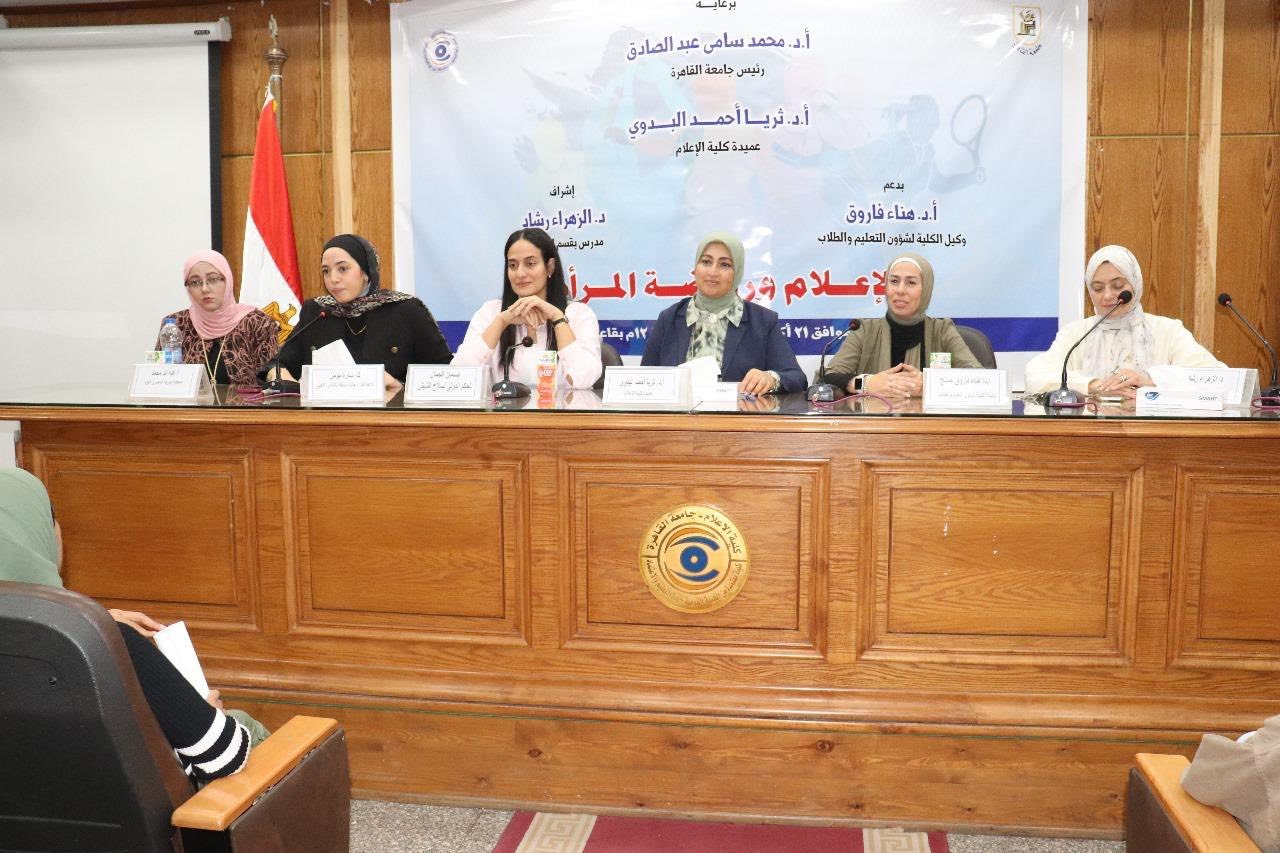
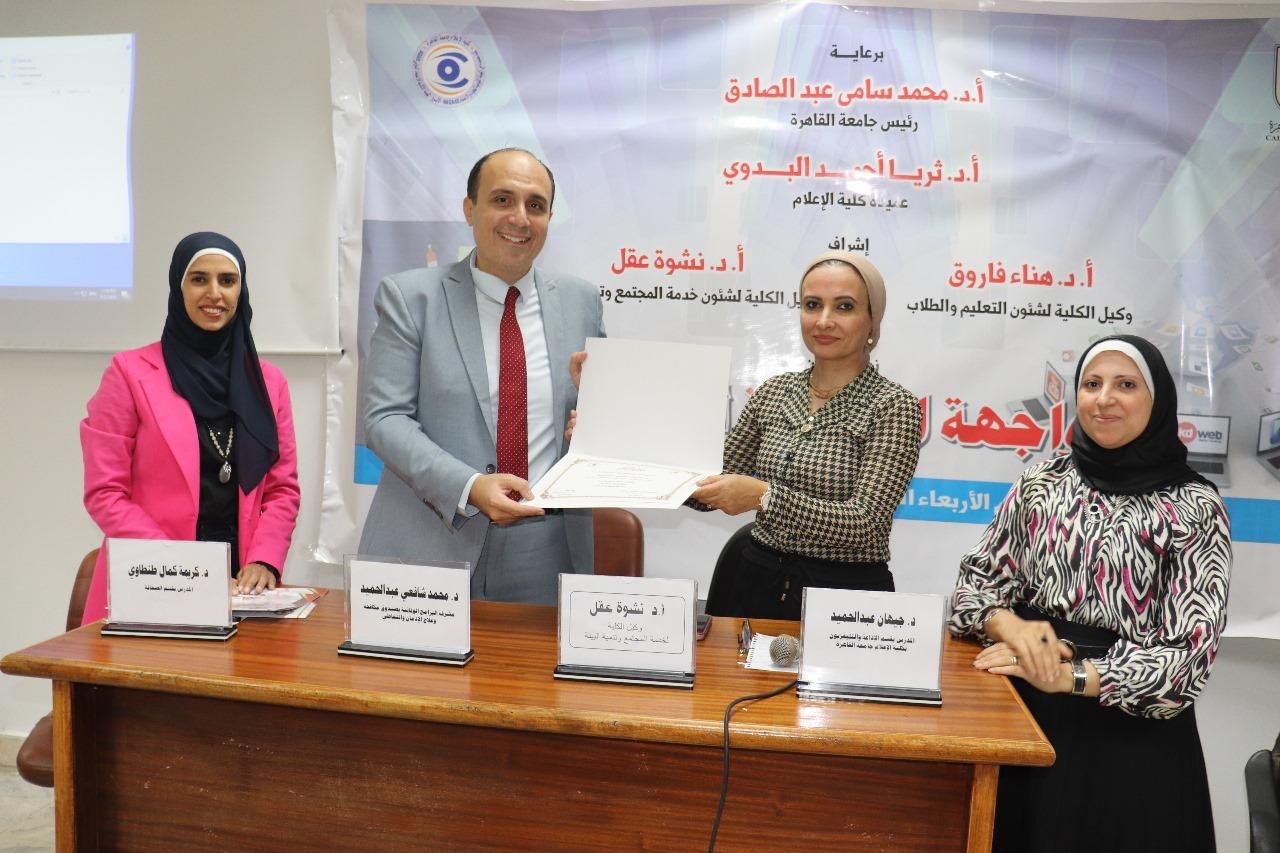
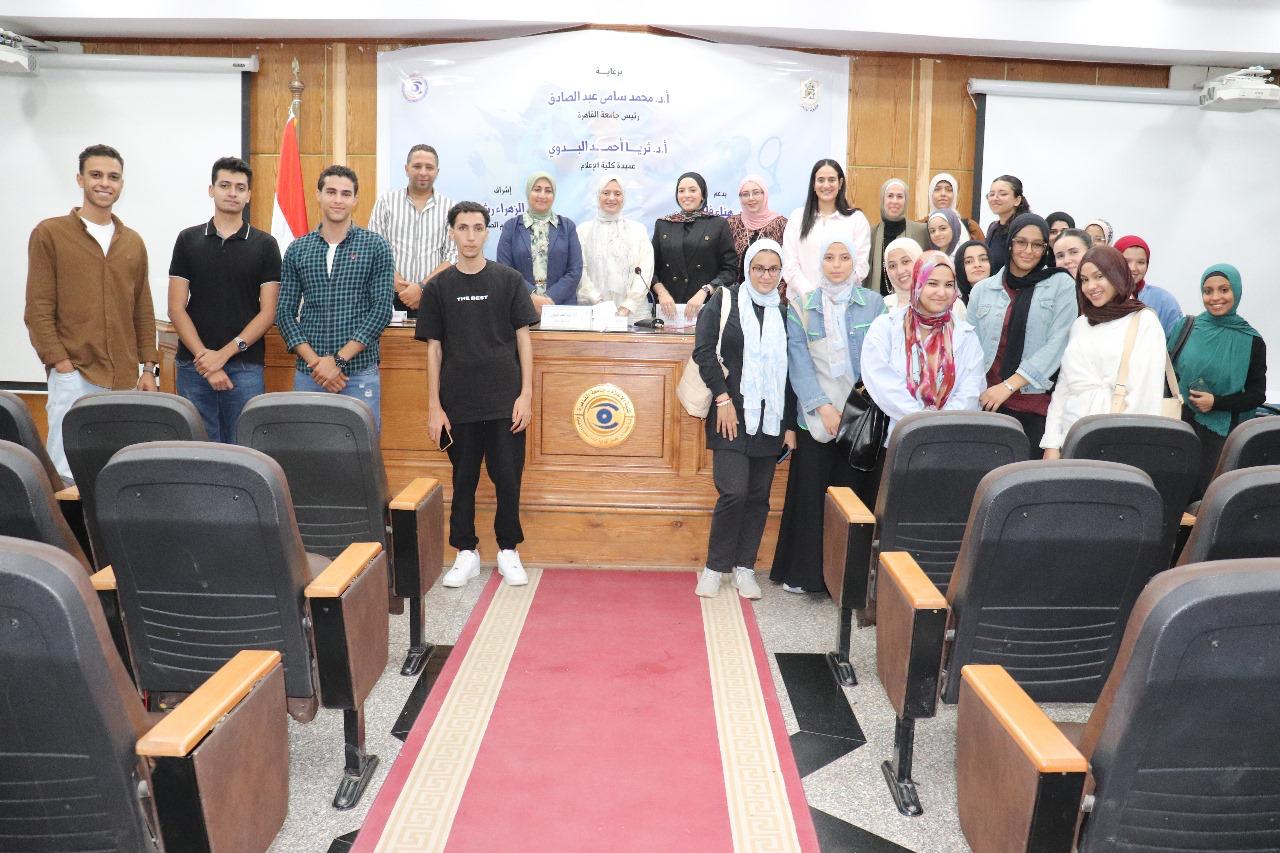


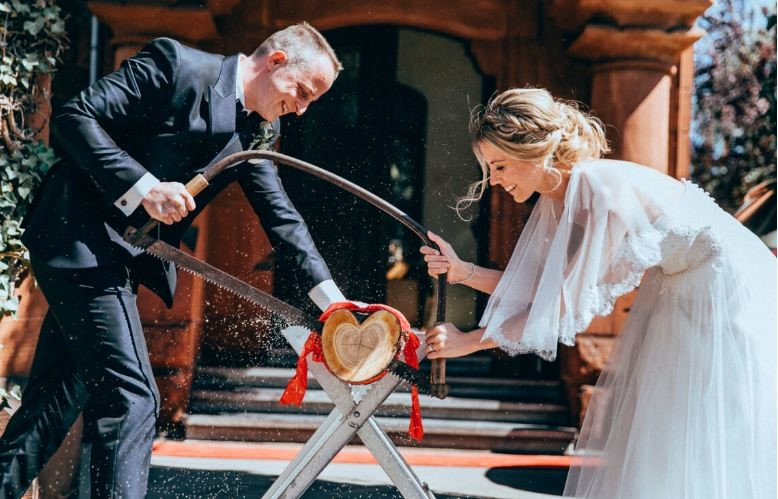


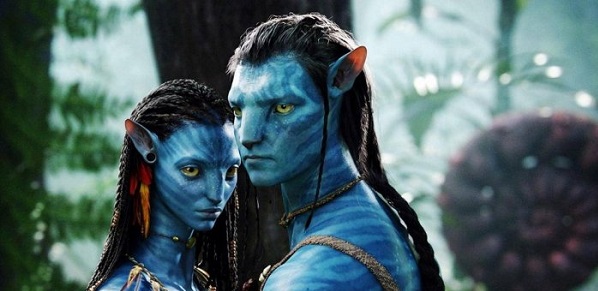

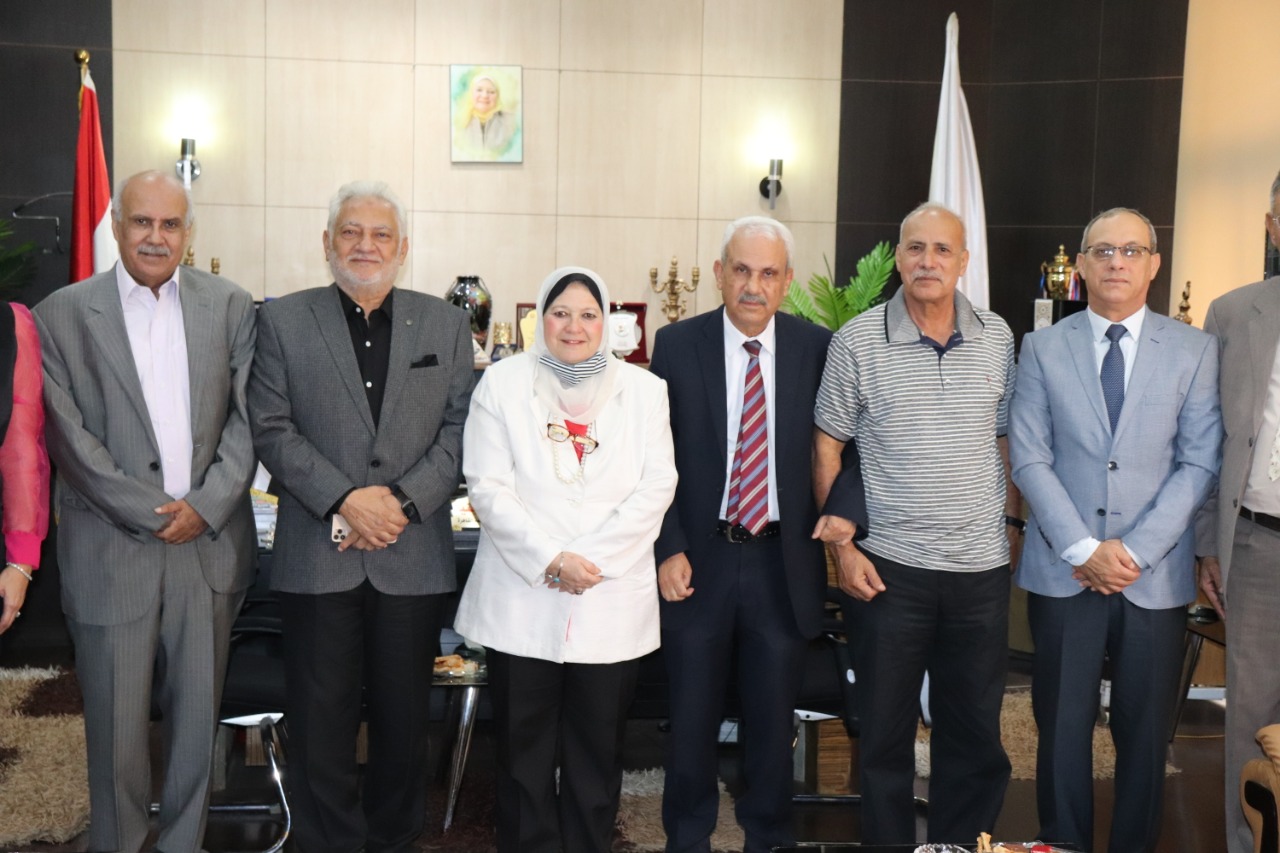
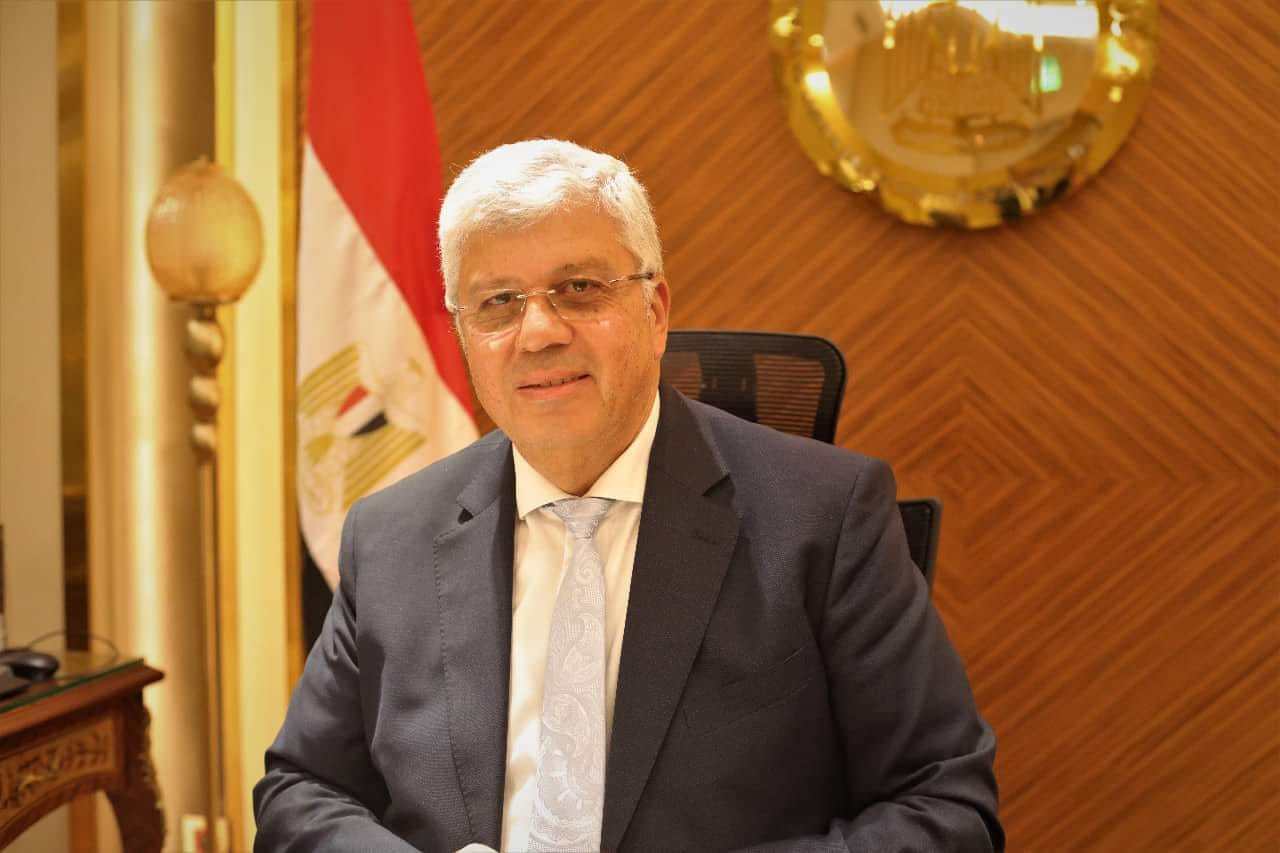
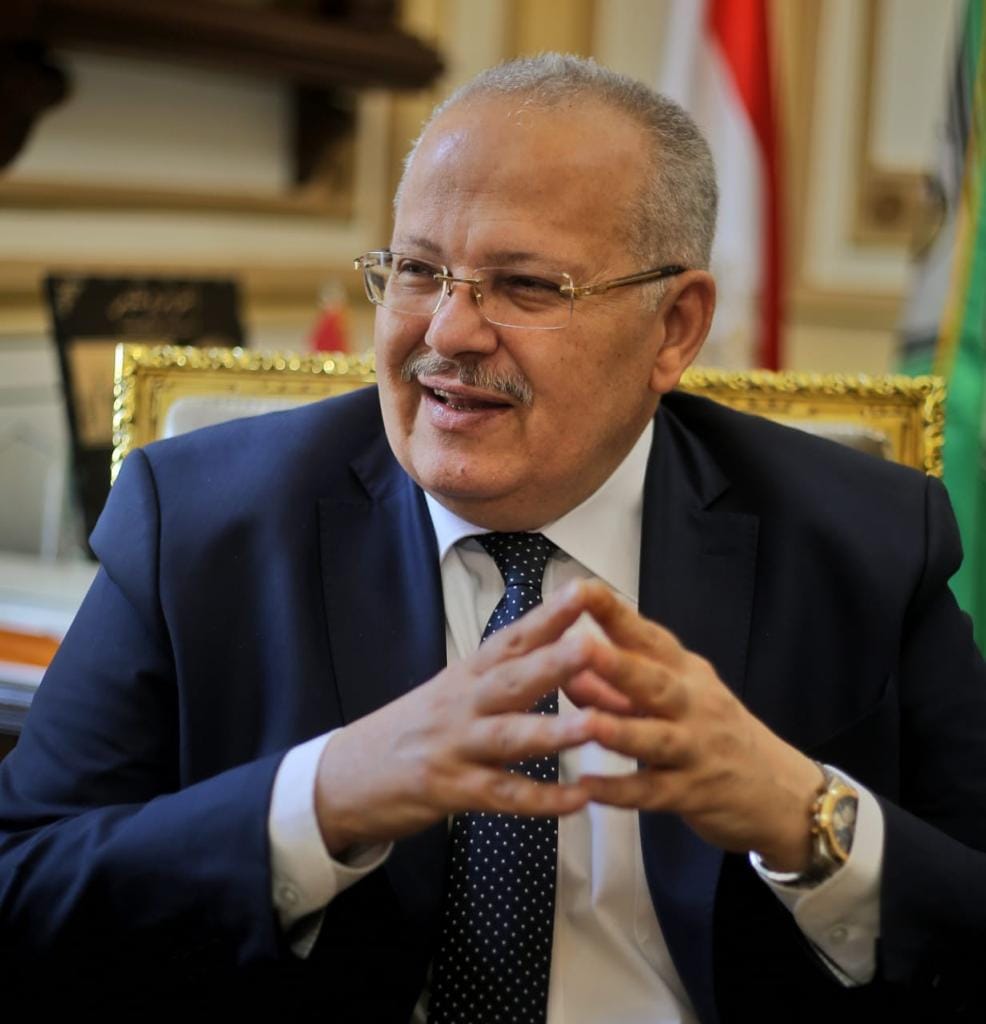
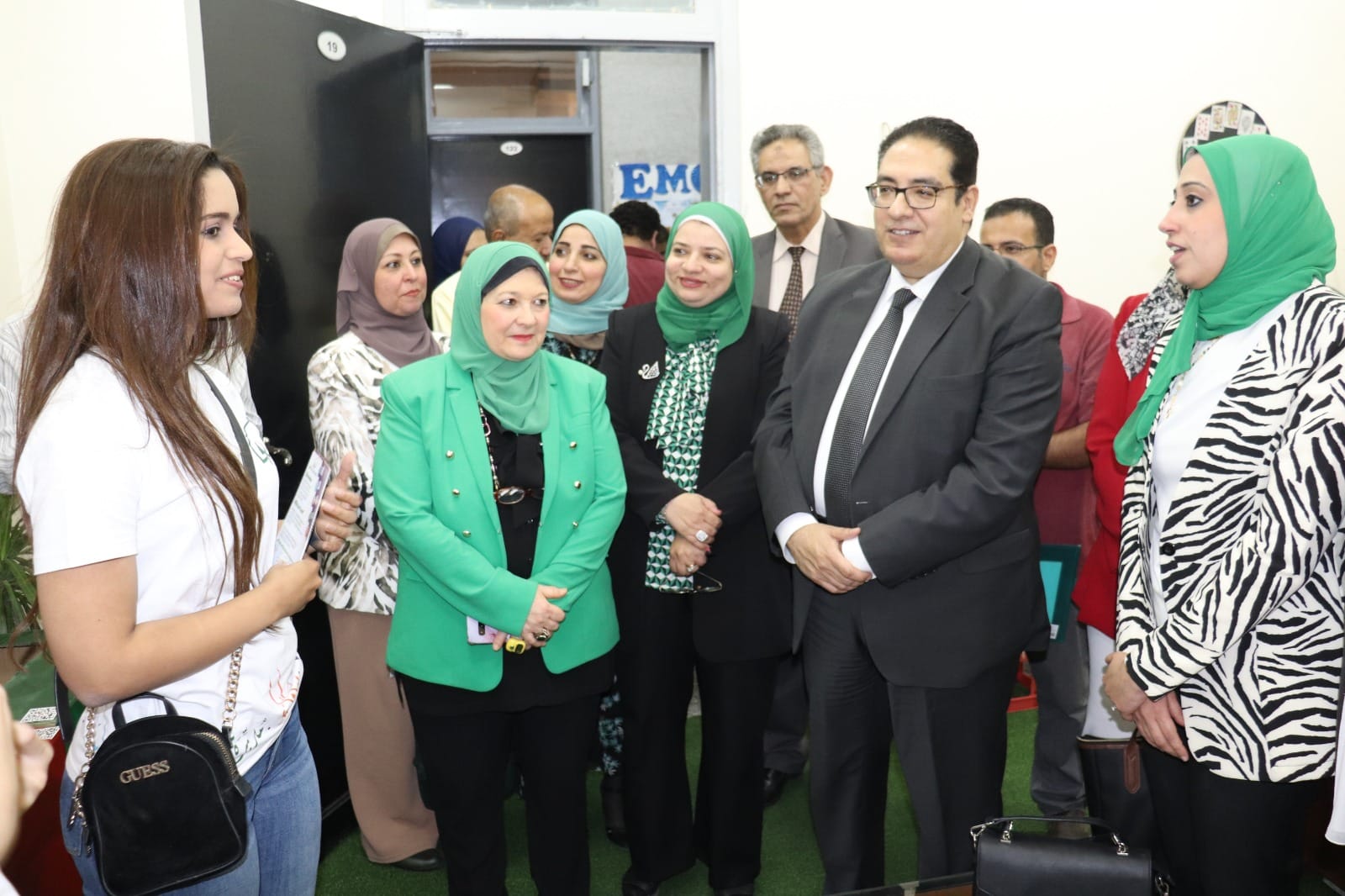
27-10-2022
video 3687